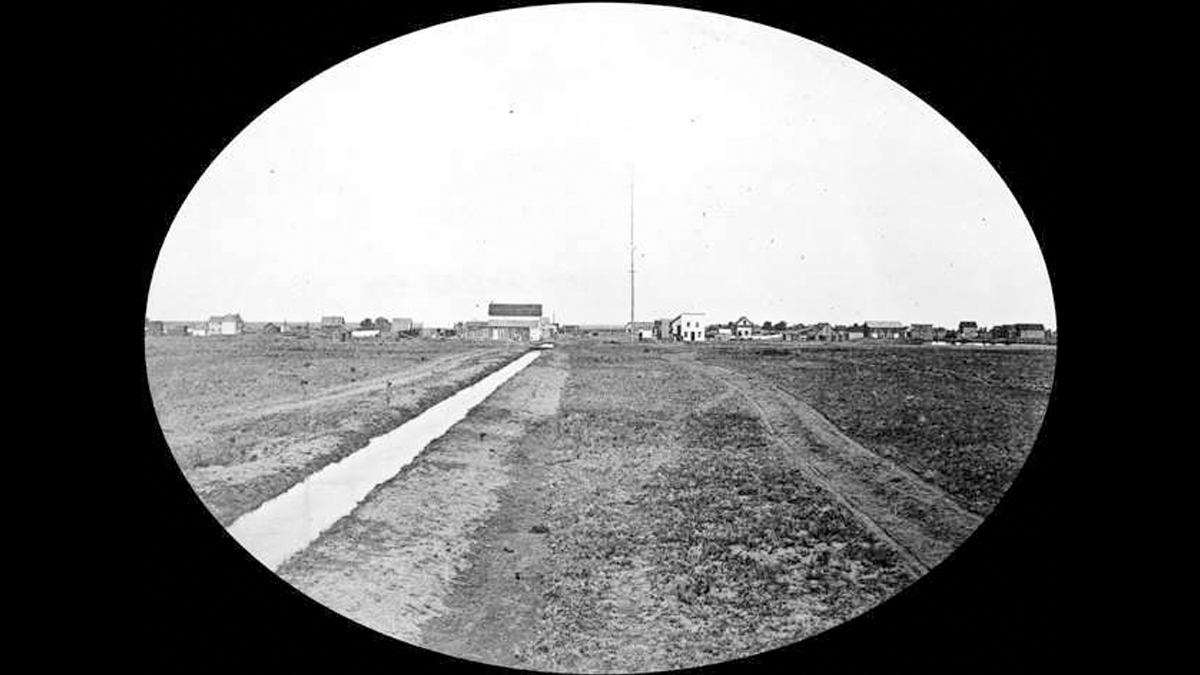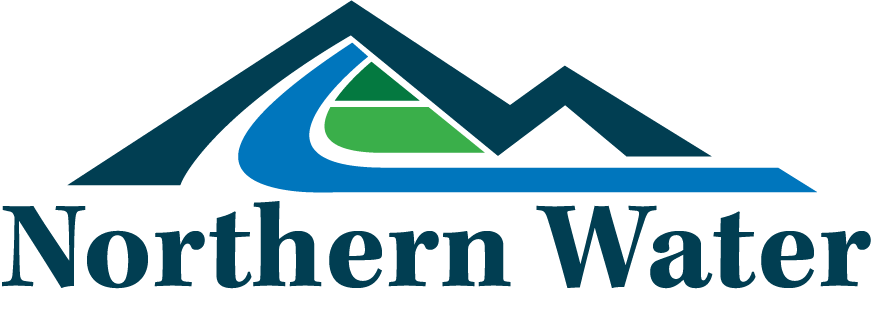Sept. 5, 2024
From the Archives: Northern Colorado Community Leaders Help Guide the Future of Water for American West
A meeting between community leaders of two Northern Colorado communities 150 years ago this summer helped to guide the future of water resources management for the American West.
After the successful creation of the Union Colony (now known as Greeley) in 1869, its residents developed irrigation canals to help bring water to the fertile soils surrounding the Cache la Poudre River. By 1873, the irrigated farmland was producing crops for the new city’s residents and those of surrounding communities.
In July 1874, however, community residents awoke to find their ditch was dry, as was the Poudre River. A march upstream revealed that a newly established community named Fort Collins had developed irrigation diversions of their own and were using them to supply their own fields. An argument ensued over whether water should be managed like it was in the eastern United States or more like a mining claim, where resources are allocated based on who was using them first.
Monsoon moisture in August 1874 allowed the communities to water their fields, but the conflict was on the minds of the Colorado Constitution writers as statehood was achieved just two years later, on Aug. 1, 1876. Recalling the challenges just two years before, Colorado’s first state leaders created the framework for a prior appropriation system in the state constitution, and decades of legislation and court rulings have created the system of water resources management the state enjoys today.
View Our History Timeline
